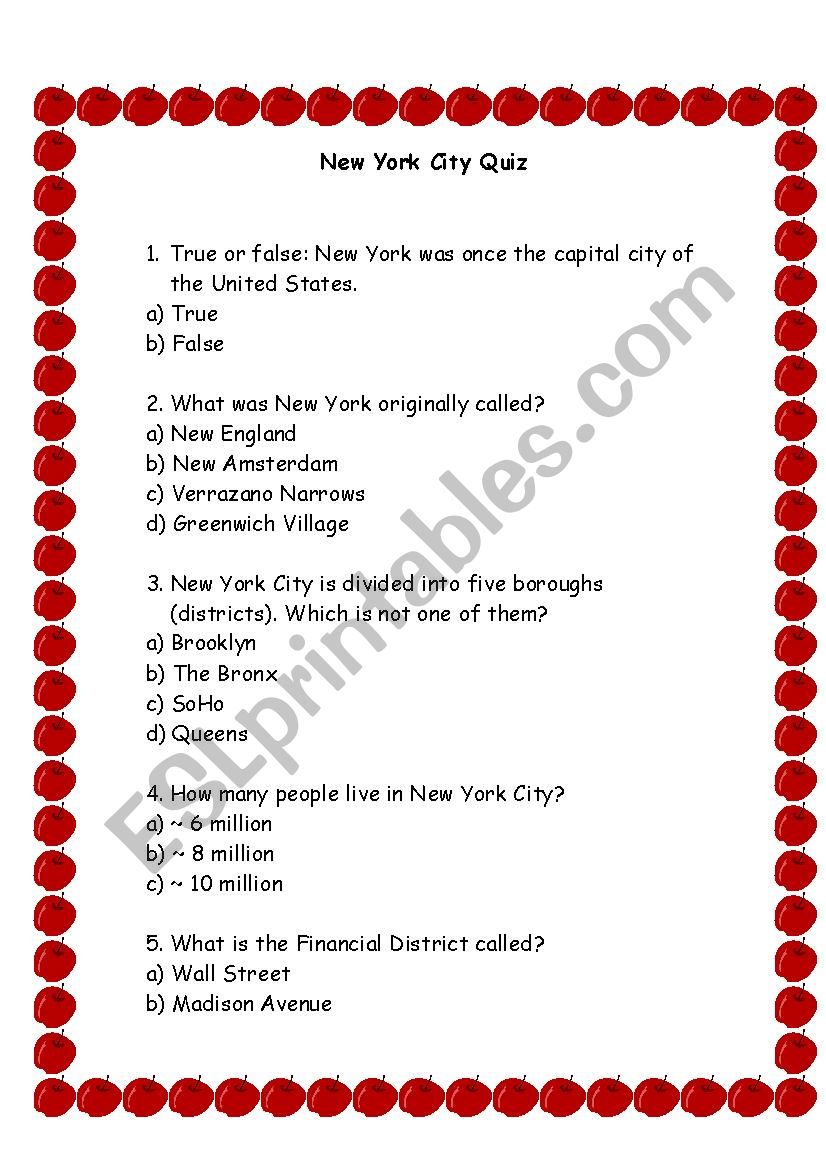

I tried a bunch of different things because there’s regression trees and classification trees and I was split on what to use. I wasn’t too worried about reliability because the CCES is widely used and cited in a lot of papers.

The AP had this vote cast data that I found in the middle of me working on this, and I played around with that, but the problem was it didn’t have all the questions I was interested in so I ended up not using it. I poked around with those, and I was looking for a large data set, and this one fit the bill and had a couple years of data.

I had just been familiar with both of those and I wanted to use them with something but couldn’t come up with the right story. I ended up using the CCES (Cooperative Congressional Election Study) and the ANES (American National Election Studies). I had a bunch of versions of that and went to my editor, and he was like, “It’s kind of a perennial interest, how parties relate to demographic.” So we started chatting about it and he gave me some time for it.Ĭould you tell me about the process for the quiz, in terms of data sourcing, analysis, and visualization?
Nytimes quiz free#
I think I was just working on it with some free time I had, coming up with initial sketches, originally it was more of a flow chart than a tree, and I had a really intricate version of that, I was trying to play with it and work it into a form that seemed more reasonable. In talking about it with my editor and colleagues we were like how do we insert the reader into the story, and that’s where the idea for making the quiz came about. The quiz wasn’t the starting point, the starting point to me was the second graphic, that looks like a tree, that is where I started. I think I was looking vaguely at survey data, some political science and statistics papers, and those came together. I was working on an earlier idea and Amanda Cox brought this idea to my attention and I had looked at some of her work. One is this idea of using a decision tree approach. This idea came about from a couple of different things mixing around in my head. Where did the idea for this story come from? in economics at Harvard University, Chinoy spoke with Storybench about how he found the best way to display the data and draw the reader in. The piece includes a quiz for the reader that predicts if they are a Democrat or a Republican, as well as a decision tree used to show all possible outcomes, and how the voting patterns of different groups have changed over time. Can your race, religion and education predict your political party affiliation? Last month, Sahil Chinoy, a former graphics editor for the opinion section of The New York Times, published an interactive quiz and accompanying article that laid out exactly how demographics influence the way Americans vote. įind our Somerset Facebook page here, and our Bath Facebook page can be found here. To keep up to date with our latest news, follow us on Facebook and Twitter.

To subscribe to our daily newsletter, enter your email address into the box at the top of this story.
Nytimes quiz how to#
How to boost your savings as Money Saving Expert Martin Lewis reveals the best interest ratesĮxamples of questions include "Which of these words would you use for a child's soft shoes worn for PE?", and "How do you refer to your grandmother?".
Nytimes quiz series#
The New York Times British Dialect Quiz is a hilarious way to find out just how strong your accent really is.Īll you need to do is answer a series of questions on how you talk casually with friends, and the quiz will attempt to guess where you are from. Everybody is talking about this new dialect quiz, which some believe is freakishly accurate.


 0 kommentar(er)
0 kommentar(er)
